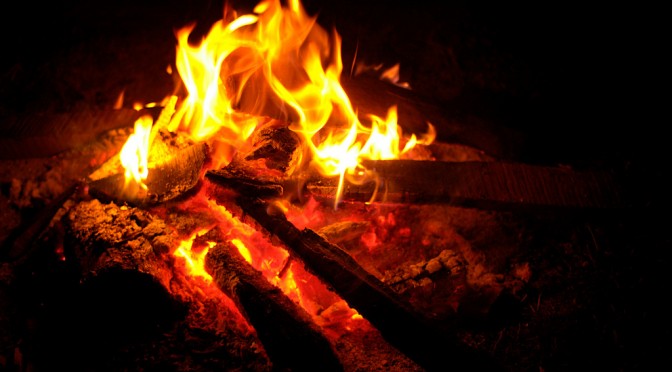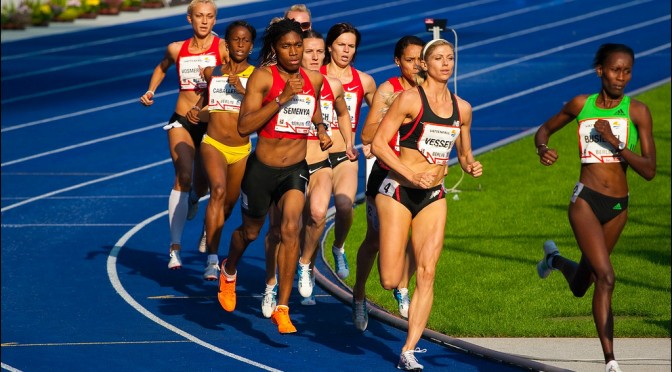Somewhere along our evolutionary path, humans developed the ability to tolerate smoke — which can be full of toxic chemicals.
This genetic mutation may have given early humans a few advantages for survival, says Gary Perdew, the John T. and Paige S. Smith Professor in Agricultural Sciences. Cooking food on a campfire in a cave or heating a shelter with fire could have been fatal without this adaptation, for instance.
On a recent episode of the Naked Scientists (listen to the excerpt above), Perdew discussed this genetic change, as well as how he and his team found that Neandertals didn’t have similar protection. Perdew suggests that this could be one reason that human civilization flourished and the Neandertals, well… went up in smoke.
You can read the transcript of the interview here and listen to the entire episode here, on the Naked Scientists, University of Cambridge website.
Members of the news media interested in talking to Perdew should contact Matt Swayne at 814-865-5774 or mls29@psu.edu.
Featured image: rahul rekapalli, via Flickr CC BY-NC-ND 2.0





